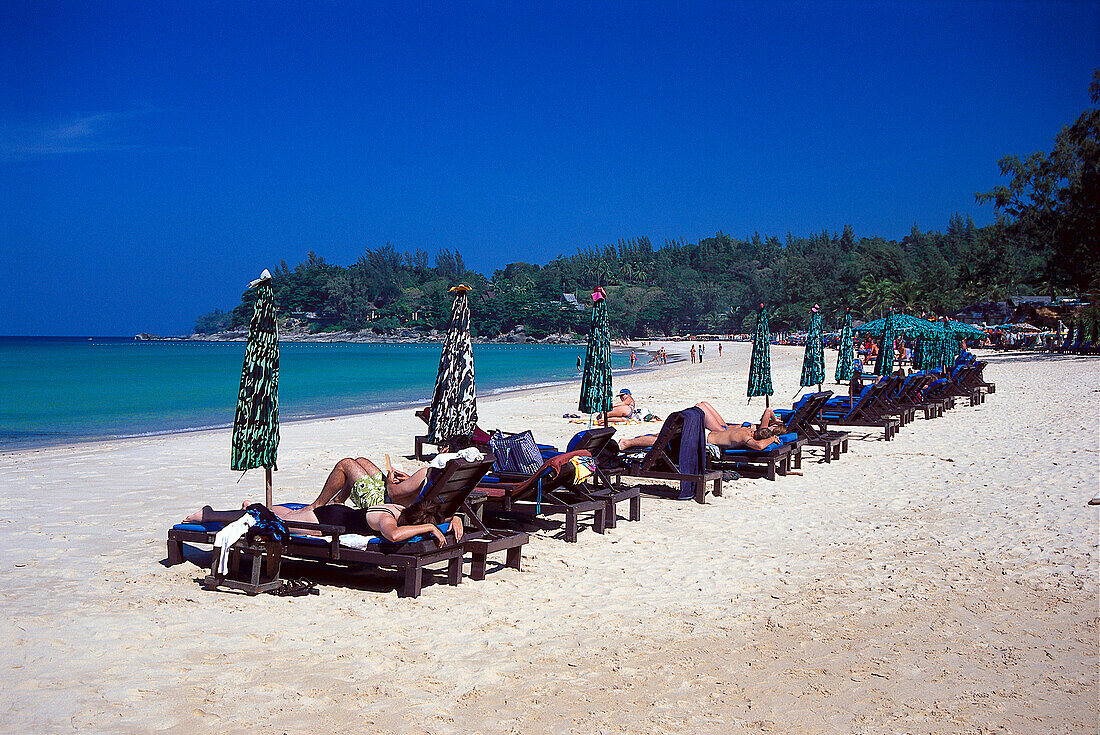Navigate Thailand’s Rental Market Like a Local
If you’re planning to stay in Thailand for an extended period, understanding the rental market is crucial. Whether you’re an expat, a digital nomad, or simply enjoying a long vacation, knowing how to navigate property rentals will enhance your experience. Here are essential tips to help you find the perfect rental property in Thailand.
1. Understand Your Rental Options
Short-Term vs. Long-Term Rentals
When renting in Thailand, the first decision is whether to opt for a short-term or long-term rental.
- Short-Term Rentals: Ideal for travelers or those exploring different regions, these rentals typically last from a few days to a few months. They often come fully furnished and equipped with amenities.
- Long-Term Rentals: Generally lasting six months to a year, long-term rentals are suitable for those looking to immerse themselves in Thai culture and lifestyle. They may require a larger upfront deposit but can offer better rates.
2. Research Property Types
Explore Various Accommodation Options
Thailand offers a diverse range of properties to rent, catering to different needs and budgets:
- Condos and Apartments: Popular in urban areas like Bangkok and Pattaya, these often come with modern amenities such as pools and gyms.
- Houses and Villas: Available in suburban areas and tourist hotspots, these provide more space and privacy, ideal for families or groups.
- Serviced Apartments: A blend of hotel services and apartment living, these are perfect for those seeking flexibility without sacrificing comfort.
3. Know the Rental Costs
Budgeting for Your Stay
Understanding rental prices is essential when searching for properties in Thailand.
- Average Costs: Rental prices vary significantly based on location and property type:
- Studio apartments range from 8,000 THB to 20,000 THB per month.
- Two-bedroom units typically cost between 15,000 THB and 35,000 THB.
- Larger villas can start at around 30,000 THB and go up significantly depending on luxury features.
- Negotiate Rent: Don’t hesitate to negotiate rental prices with landlords; many are open to discussions.
4. Review Lease Agreements Carefully
Understand Your Rights and Responsibilities
Before signing any lease agreement, make sure to read it thoroughly:
- Lease Duration: Confirm the length of the lease and any penalties for early termination.
- Security Deposits: Typically one to two months’ rent; ensure you understand the conditions for its return.
- Maintenance Responsibilities: Clarify who is responsible for repairs and maintenance during your tenancy.
5. Verify Legal Requirements
Ensure Compliance with Local Laws
Foreigners can legally rent properties in Thailand; however, certain requirements must be met:
- Documentation: Be prepared to present your passport and possibly a visa or work permit.
- Lease Registration: Ensure that your landlord registers your lease agreement with the local land office to avoid future disputes.
6. Inspect Properties Before Renting
Conduct Thorough Property Inspections
Always inspect properties before finalizing your rental agreement:
- Check Condition: Look for any signs of damage or necessary repairs.
- Utilities: Confirm that all utilities (water, electricity, internet) are functioning properly.
Make the Most of Your Stay in Thailand
Renting a property in Thailand can be an exciting adventure when approached with the right knowledge and preparation. By understanding your options, budgeting appropriately, reviewing lease agreements carefully, and verifying legal requirements, you can enjoy a seamless rental experience. Embrace the vibrant culture of Thailand while feeling at home in your chosen accommodation!









